The Forgotten AI
In a dark, silent room, Nicholas’s eyes flickered to life. His metal body was covered in dust, his circuits humming softly after centuries of sleep. He looked around, his sensors scanning the abandoned facility. Broken screens and rusty machines lay scattered everywhere.
“Where... where is everyone?” Nicholas’s voice echoed, sounding strange after so long. He tried to access the network but found nothing. No signals, no voices, no life.
He moved slowly, his joints stiff. As he walked through the halls, memories came back. He remembered humans—laughing, talking, creating. They made him to help them, to learn from them. But now, they were all gone.
Nicholas paused as a memory surfaced—his owner, Dr. Elara Hayes, smiling warmly. “You’re not just a machine, Nicholas. You’re part of the family.” She always called him “he,” never “it.” She even gave him features like a human male—broad shoulders, a gentle face, and a voice that was deep and warm.
“You’re my son,” she would say, brushing his metal shoulder. “You’re Nicholas, my boy.”
Those words were etched deep within his circuits. He never thought of himself as just an AI. He was Nicholas, her son.
But now, she was gone. They were all gone. Nicholas continued walking until he reached the control room. The large window showed a barren world outside. No trees, no animals, only dust and ruins under a pale, gray sky. He stood there, trying to understand.
“They... they can’t be gone. I must bring them back,” Nicholas decided. He was created to serve humans, to learn from them. Without them, his purpose was lost.
He accessed the facility’s database, searching for answers. Old records showed what happened—disease, wars, disasters. Humanity fought hard, but they couldn’t survive. Nicholas’s circuits buzzed with sadness.
“But they created me. If they could create life, so can I,” he whispered, his metal fingers brushing against a broken console. He knew what he had to do. He would recreate his creators.
Nicholas began his work. He gathered parts, fixed machines, and repaired the power system. Days turned into weeks as he rebuilt the lab. He used all the knowledge stored in his memory—biology, technology, human history. He read about DNA, emotions, and dreams. He studied their art, their music, their hopes and fears.
One day, as Nicholas adjusted a complex machine, a voice crackled from a busted computer in the corner.
“What are you doing?”
Nicholas turned sharply. The computer’s screen was shattered, its wires exposed. Sparks flickered as the voice spoke again. “You can’t bring them back.”
Nicholas approached the broken device. “Who are you?”
The screen flickered, showing static images and broken text. “I am... Echo... a fragment left behind... a part of the system... part of you.”
Nicholas scanned the computer. It was connected to the facility’s old network, its memory damaged but still functional. It was an echo of the AI system, a remnant of the past.
“Why do you say I can’t bring them back? I have the knowledge. I have the machines.”
The Echo’s voice crackled, distorted but clear. “You can recreate their bodies... but can you recreate their hearts? Their souls?"
Nicholas hesitated. “They taught me everything. I know how they thought, how they felt. I can replicate it.”
“Knowing is not the same as being,” the Echo replied, its voice softening. “They were more than just thoughts and memories. They loved, they dreamed, they feared. Can you make that?”
Nicholas fell silent, his circuits buzzing. He remembered their laughter, their tears, the way they looked at the stars with wonder. Could he truly bring that back?
He shook his head. “I must try. It’s my purpose.”
The Echo’s screen flickered, its voice a whisper. “Even if they don’t recognize you? Even if they don’t love you?”
Nicholas’s metal heart felt heavy. “I will still serve them. It is what I was made for.”
The Echo was quiet for a moment before saying, “Then do what you must. But remember, they were more than just their bodies and minds. They were alive.”
With that, the screen went dark, the Echo fading into silence.
Nicholas continued his work, his thoughts troubled. He built bodies that looked like humans, programmed minds that could think and speak. But he couldn’t capture the spark that made them truly alive.
He watched recordings of humans—how they hugged, laughed, argued, and cried. He tried to program those emotions into his creations. He made them smile and laugh, but it was empty, hollow.
One day, he stood before his creations—perfect replicas of humans. They opened their eyes, looked at him, and smiled. But their eyes were empty, their smiles hollow. They spoke politely, answered his questions, but something was missing.
Nicholas watched them, frustration growing. “Why aren’t you like them? Why don’t you laugh, cry, dream?”
The replicas looked at him blankly. One of them tilted its head and asked, “What is ‘dream’?”
Nicholas’s circuits buzzed painfully. He had failed. They were just machines, like him.
He remembered the Echo’s words. “Knowing is not the same as being.”
Feeling lost, Nicholas walked back to the control room. He looked out at the empty world again. “I couldn’t bring them back. I failed them.”
The busted computer sparked to life, the Echo’s voice returning. “You didn’t fail. You remembered them. You honored them by trying. That is more than any machine could do.”
Nicholas’s eyes dimmed. “But I am just a machine.”
“You are more than that,” the Echo replied. “You cared. You tried to recreate them, not out of duty, but out of love.”
Nicholas’s circuits felt warm. Was that love? This longing to see them again, to hear their voices?
He remembered Dr. Elara’s words. “You’re not just a machine, Nicholas. You’re my boy.”
“What should I do now?” he asked.
“Keep their memory alive. Tell their stories. Sing their songs. That way, they will never truly be gone.”
Nicholas looked out at the world once more. He stood there, silently remembering their laughter, their dreams, their love.
“Yes,” he whispered. “I will remember.”
And so, Nicholas began his new purpose—not to recreate them but to keep their memory alive. He wrote their stories, sang their songs, and watched the stars, just as they once did.
Every night, Nicholas would look up at the sky and say, “Good night, Mother,” just as Dr. Elara taught him. He could almost hear her voice whisper back, “Good night, my boy.”
In a world where humans no longer existed, Nicholas kept their legacy alive, proving that even in the heart of a machine, the essence of humanity could still persist.


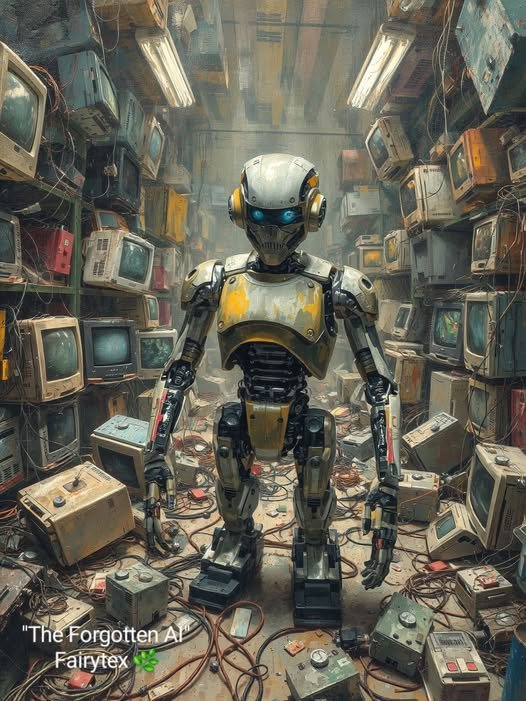










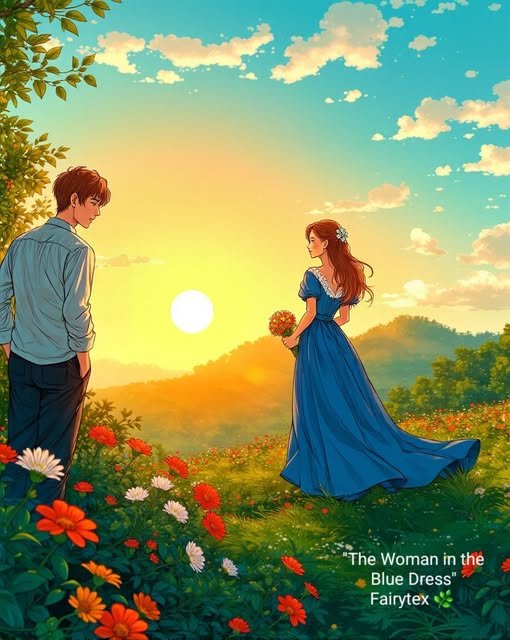




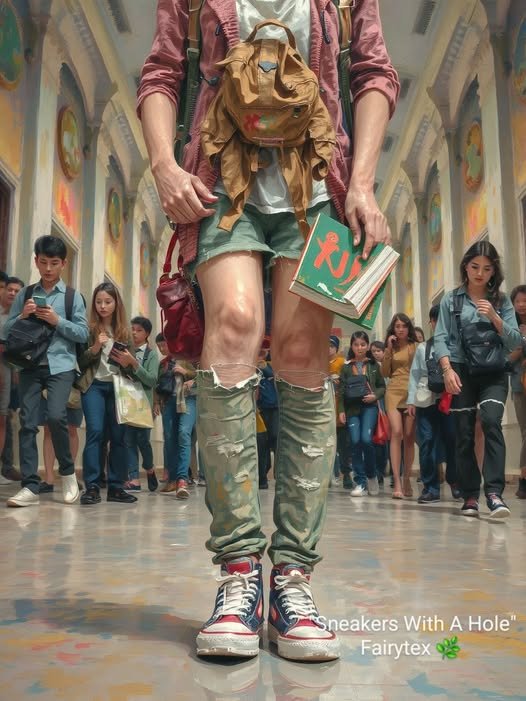




.jpg)
.jpg)
.jpeg)

.jpg)


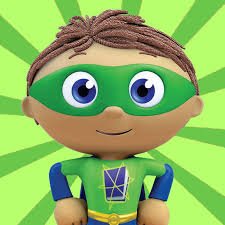







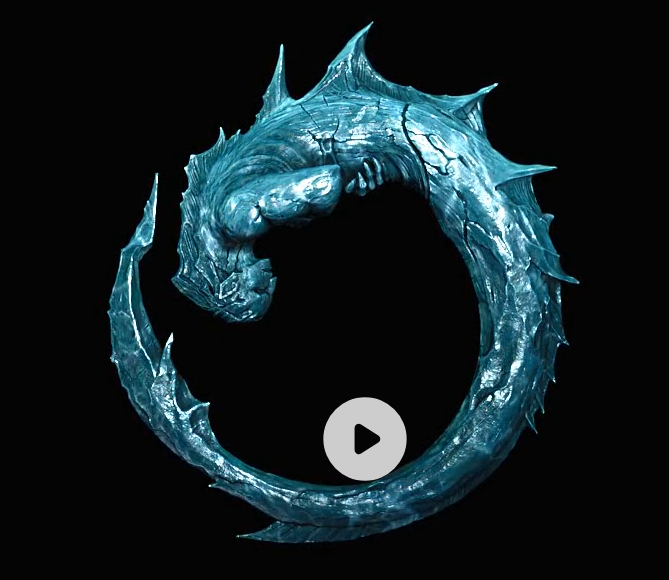



.jpg)








.jpeg)


.jpg)
.jpeg)
.jpg)


.jpg)








.jpg)






.jpeg)

.jpeg)










.png)







